When I was young...like, really young...my parents would have to hide my books, place me outside, and lock the door on me. (Don't fret, it was a fenced in back yard, in full view of the kitchen window. Plus it was the early 1980's. No worries). They would do this because they loved me, and they wanted to make sure that I spent time playing outside.
Let me repeat that: My parents would hide my books and lock me outside to make sure that I played outside.
I share this story simply because I think that it illustrates how important reading has always been to me. How much I love reading. How much I love the knowledge of non-fiction books and the worlds and people opened up to me through fiction books. How important books and reading to me have always been.
Which is why I am sad, truly sad, to say that my title for this post is:
#epicfail
Here we are, on the Monday after Easter, and, as I sit at my desk, sucking down the much needed cup of coffee, I must take a moment to confess: My little Lenten experiment/discipline of reading a book a week for Lent was a total and complete failure. I only read two and a half books out of my planned seven. (Well, not a complete failure then, I suppose, since I did get some reading done...)
I suppose that part of it was that I shouldn't have chosen a 400 page autobiography to kick it off (which only happened because I had been on the library waiting list for two months for that book, and there was about a four month long waiting list behind me. I didn't want to lose the chance to read it!). And part of it was the reality of the lack of reading time available when you take a three year old on a train trip to Chicago for a week. And part of it is that the only time that I have to myself is those quiet hours between when Little Man goes to bed and when I do, but that lately he's been fighting that magical time, and wanting me sitting right there beside him as he falls asleep. And part of it was the reality of the busyness of the season of Lent, particularly Holy Week. And part of it, quite frankly, was the fact that I simply set the bar pretty high.
I know all of these things, and they make pretty good excuses for not doing the reading that I had planned on doing...but I don't want excuses. Because I wanted to read. I wanted to stretch myself to make and find the time in my life schedule to do the reading that I want to do.
I'm always saying that you make time for that which is really important to you....what does the fact that I only got two and a half books read during my planned period of reading seven books because I simply didn't have the time say about the importance of books and reading to me?
It can't be that it's not important. As I illustrated above, books and reading have always been very important to me. But, even with having challenged myself, I just simply couldn't find the time, or the energy, to do the reading that I had wanted to do.
#graceabounds
But maybe I should have titled this post this, instead. Grace abounds. Because, more than anything else, this little experiment of mine has challenged me to think about that thing that I always say about making time for the things that are important to you, quite frankly often in judgement when others simply state that "I would love to, but I just don't have time". I guess I always figured that it was an excuse. A cop-out. a nice way of getting out of something. But, the reality is that, in our world today, it very much so is a possibility that someone simply doesn't have time to make time for the things that are important to them. Because there's a whole lot of things that are important...we're all just making judgement calls on what is more, or the most, important for us.
Sometimes, we'll mess it up. Sometimes we won't get it right. And sometimes we'll feel as if we're missing out on something that we desperately need, and look with longing on in it.
But, in the midst of all of that, it's important to remember that grace abounds.
Grace abounds when we have to make judgement calls about what is more important than something else. Grace abounds when we get it wrong. Grace abounds when others get it wrong.
Grace abounds...and hopefully we'll figure it out and get it right.
And now, I will take some time...and read a book.







